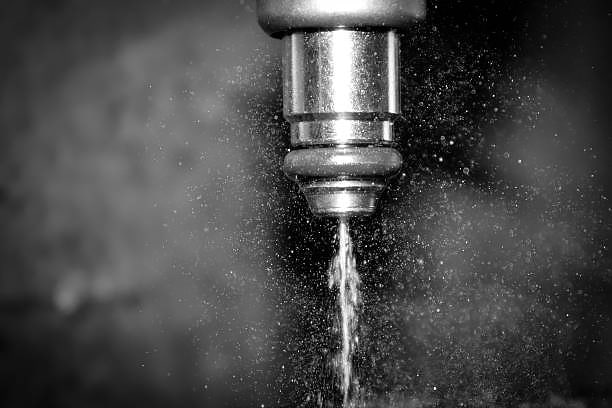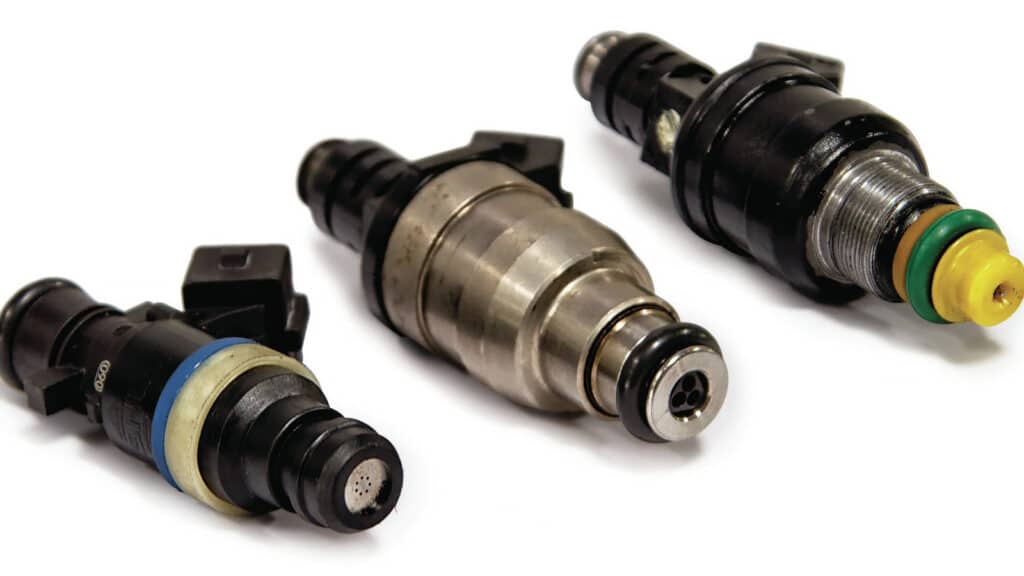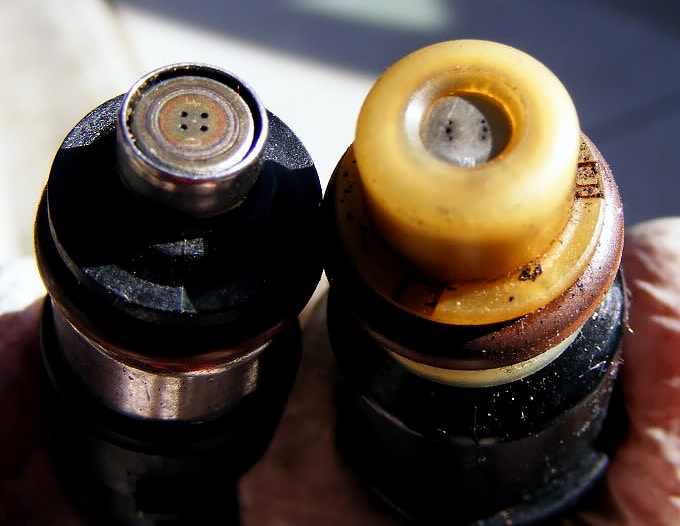If you know your internal combustion engines, you’re likely aware of how important air and fuel are for combustion.
A vast majority of gasoline cars before the 1990s used carburetors to supply air and fuel into the engine. The system was simple but very inefficient.
Emissions norms got tighter with every passing day, and eventually, carmakers made the switch to fuel injection, which became the industry standard.
The technology allows better cold starts, more power, improved efficiency, lower emissions, and better throttle response.
One thing we do miss about carburetors is how easy they were to adjust. If you want to increase the volume of fuel being sent to your fuel-injected engine, you either have to get your car tuned by a professional or install bigger fuel injectors. Preferably both.
But do bigger fuel injectors make your car faster? The answer might surprise you.
In this guide, we’ll go over how fuel injectors work, and whether or not higher-capacity injectors increase horsepower.
Understanding Fuel Injectors

As the name suggests, fuel injectors are electronically operated instruments used to introduce fuel into the cylinder. Commonly, each cylinder will have one fuel injector dedicated for fuel delivery.
These injectors are operated via the vehicle’s electronic control module (ECU), which can open or close them in less than 0.1 of a millisecond. That’s how precise these fuel injectors are when it comes to fuel delivery.
Before we get into whether or not bigger fuel injectors add power, it’s important that you understand how they operate.
Once the pressurized fuel from the fuel pump enters the injector, it stays inside the reserve, waiting for delivery.
When it’s time, the ECU sends a signal to the electromagnetic coil inside the injector, which lifts the plunger, and opens the pintle injector.
It is through this pintle injector that the filtered fuel is sent to the fuel injector’s nozzle, where it’s sprayed multiple times a second, with the exact amount of fuel exiting the nozzle every time it opens.

Depending on injector position and fuel delivery site, fuel injection can be classified into three types:
- direct injection,
- port injection, and
- indirect injection.
Direct injection is the most traditional setup used in diesel engines, in which the fuel injector supplies fuel directly into the cylinder.
The practice is also common in modern gasoline engines, which are either small-capacity turbo-fours or high-performance six or eight-cylinder engines.
Port injection or multi-point fuel injection are similar setups where the injectors are placed inside the intake manifold/port, which is then mixed with the air and supplied to the cylinder via the intake valve.
Indirect injection features a pre-ignition chamber and is more common in modern diesel engines. Here, a small amount of air and fuel is pre-ignited using a glow plug and sent into the cylinder for a cleaner and evenly-spread combustion cycle.
Do Bigger Fuel Injectors Increase Horsepower?

Generally, fuel injectors come in one of three sizes:
- 40mm,
- 55mm, and
- 60mm.
This is measured from upper o-ring to lower o-ring. Each injector has two pins; a 12V supply and an ECU trigger.
Depending on the resistance offered by the injector, they can be classified into low impedance and high impedance. Make sure to pick the right type, as it can cause compatibility issues.
Also, the spray pattern is a factor worth considering. You don’t want an injector to spray too wide or too narrow as it can affect the engine performance.
You’ll want an injector that operates at about 80 percent duty cycle when the engine is making peak power.
Additionally, the fuel type used is another important factor in selecting fuel injectors. Higher octane fuels generally require bigger fuel injectors, and might also be a consideration for people who regularly use octane boosters.

This brings us to our question at hand. Upgrading the fuel injectors doesn’t mean more power.
The main reason why you’d want a bigger injector is to increase the fuel flow rate. Bigger fuel injectors alone will not increase horsepower, but they can help if supporting mods are installed.
More fuel doesn’t necessarily translate to more power; it needs oxygen or air to produce power from that extra fuel. Otherwise, the engine will just run rich and smell weird.
Concluding Thoughts
To get the most out of bigger injectors, you need an engine that breathes better and isn’t choked by the extra fuel. If your car has a supercharger or turbocharger, increasing boost pressure is one way.
But if it’s naturally aspirated, then intake system upgrades like plenum spacers, cold air intakes or short ram intakes, and wider throttle bodies should help.
Perhaps a more adventurous approach is to add nitrous, which is not cheap but gets the job done. Of course, the legality of nitrous in cars varies depending on where you’re located as well.
So to conclude, bigger fuel injectors can increase horsepower, provided the engine’s running supporting mods like a cold air intake or a higher boost pressure.
Do you prefer carbs over fuel injection? If yes, tell us why in the comments section below!

